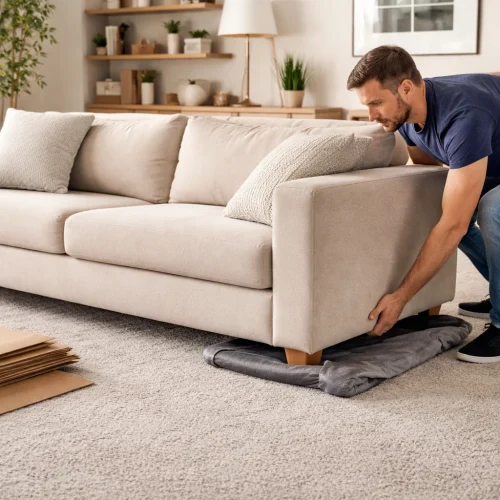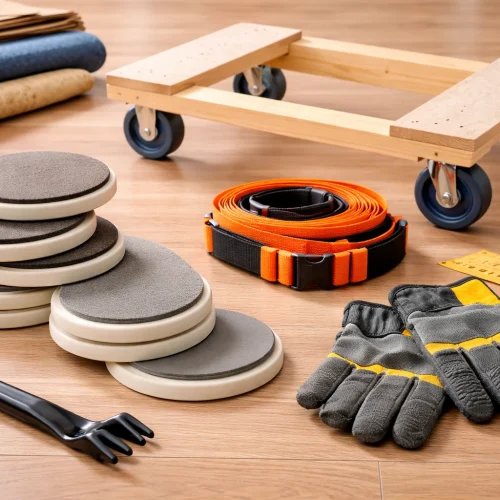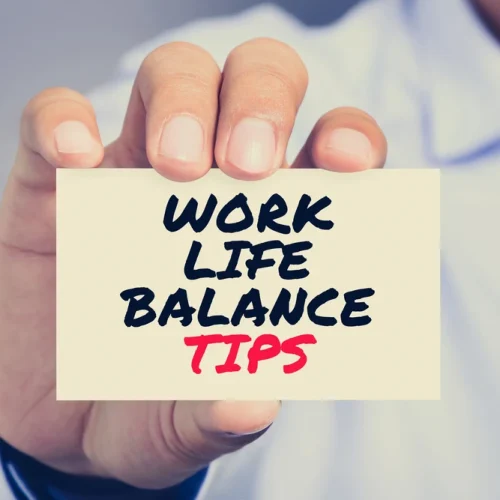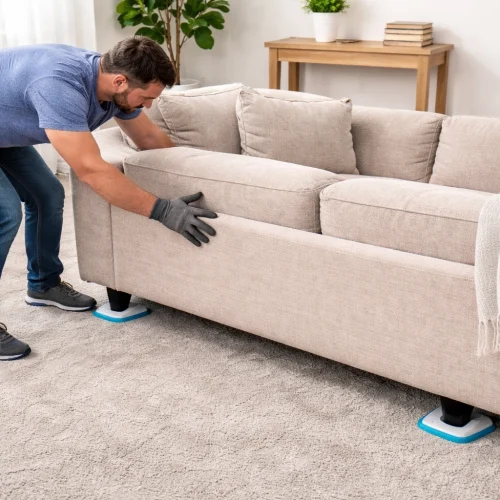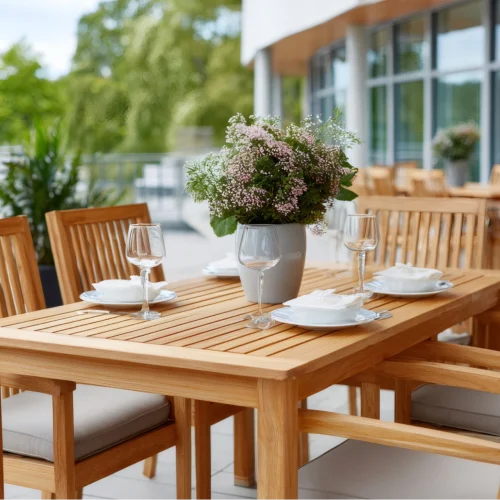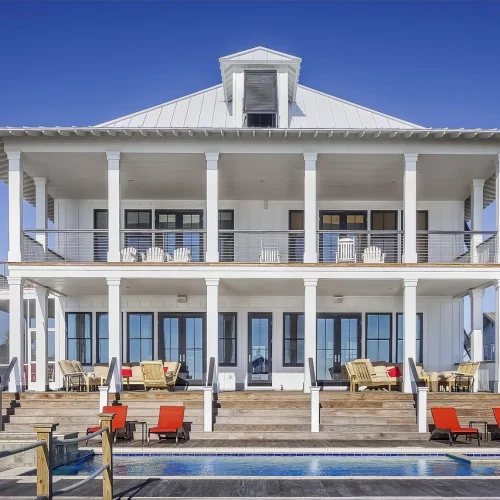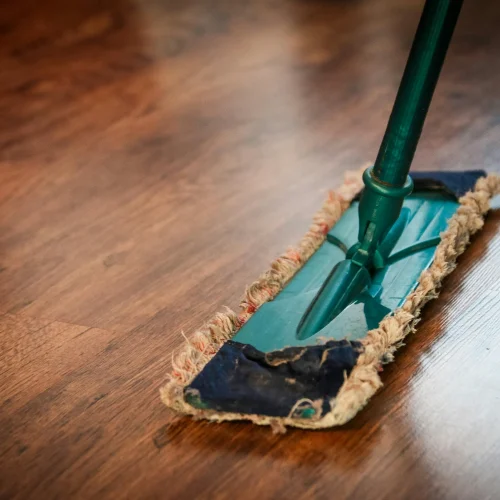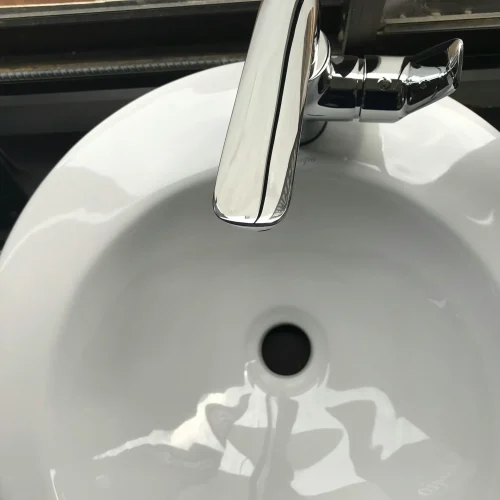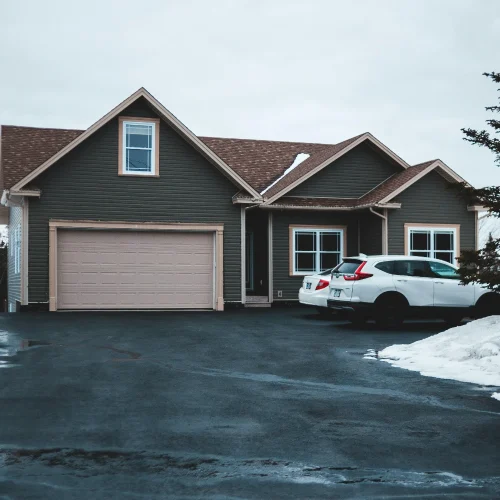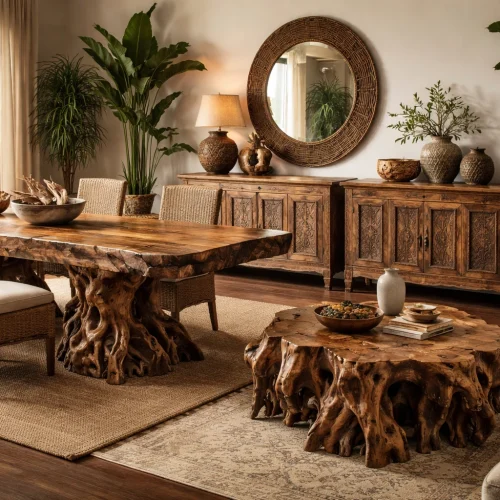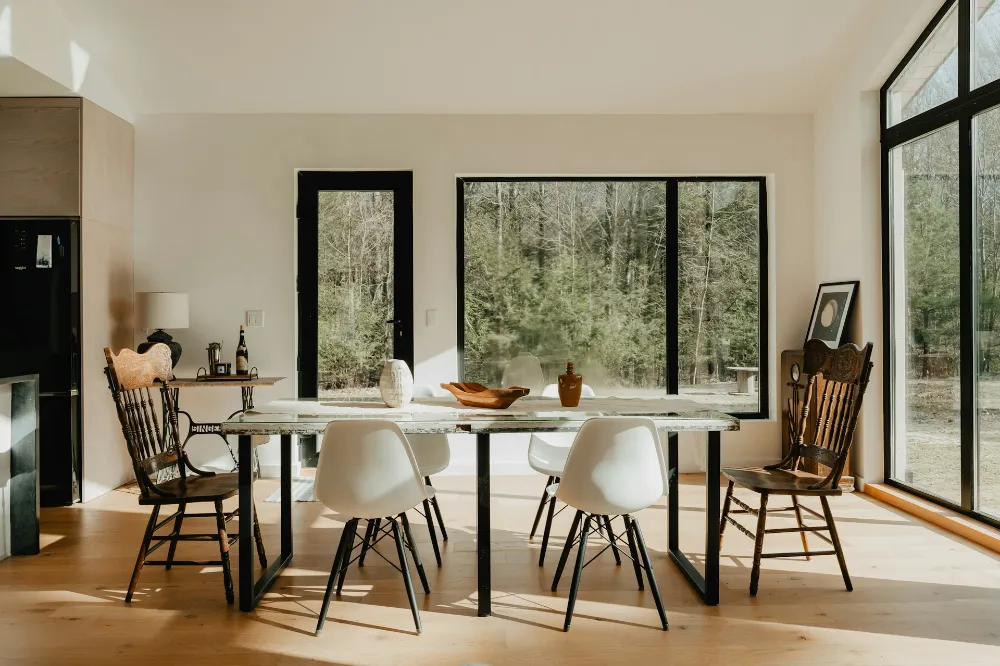
Planning a vacation should be exciting, but hotel costs can quickly turn that excitement into budget stress. Nightly rates can add up quickly, and that’s before you factor in all those extras.
After a few trips like this, owning a vacation home starts to look a lot less like a luxury and more like a smart financial move.
The Hidden Cost of Hotels
Hotels seem simple enough. You book a room, pay the rate, and you’re set. But anyone who travels regularly knows the bill doesn’t end there.
Depending on where you stay and when you travel, extras like resort fees, room service, and the inevitable cost of eating out every day can make a vacation seem almost unaffordable.
For families and groups, space can be another issue. Cramming everyone into one room rarely works, so you often end up paying for multiple rooms just to fit everyone comfortably.
Even boarding a cruise in Miami can get pricey if you need a place for the night before the cruise starts.
When you have a vacation home, fluctuating hotel bills are replaced by a predictable mortgage, plus you’ll enjoy more stability as well as long-term savings.
How a Vacation Home Pays for Itself
One of the biggest perks of owning a vacation home is the consistency. You’re no longer at the mercy of hotel price hikes during school breaks or peak travel seasons.
Your accommodation costs stay steady, and that predictability makes planning much easier.
Beyond that, your home can generate income when you’re not there. Renting it out to other travelers can help offset your mortgage, insurance, and even general maintenance costs.
Having your own kitchen is also a big bonus! Instead of dining out for every meal, you can stock up on groceries and cook together as a family.
Plus, having the ability to stash items like beach gear and fishing equipment means you don’t need to pay for rentals every time you plan a trip.
What to Consider Before Investing In a Vacation Home
Owning a vacation home is rewarding, but it’s not a purchase you want to rush.
Location is the first factor to consider. How easy is it to get there, and would other travelers be keen to rent the house?
Maintenance is something else you want to think about. Even when you’re not using the property, it’s going to need some upkeep, so decide how much maintenance you can afford. You don’t want to forget about insurance and property taxes, either.
You should also consider the cost of living. Many areas tend to have higher utility, grocery, and service prices that will affect your final budget.
With all of this in mind, what you ultimately want to achieve is a balance between the lifestyle benefits of the area and the long-term financial commitment a property requires.
When a Vacation Home Makes the Most Sense
A vacation home isn’t the right fit for everyone, but in the right circumstances, it can be the best move.
For many buyers, the appeal of a vacation home lies in creating a personal retreat as well as having a financial asset that grows in value over time.
If you find yourself returning to a specific destination year after year, a vacation home eliminates the hassle of repeat hotel bookings.
And if flexibility is important to you, having this home means you get to enjoy it during the months you really want to, and rent it out the rest of the year to cover your expenses.
A Sound Way to Save
Hotels might work for the odd trip, but if you’re regularly planning getaways, a vacation home will give you more stability, flexibility, and extra income. Do your homework on locations and costs, and a vacation home might turn out to be one of your smartest financial decisions yet.
Common Questions
Over time, yes — especially if you travel frequently. Fixed mortgage payments replace rising hotel costs, leading to long-term savings.
You can rent it out when you’re not using it, offsetting mortgage, maintenance, and utility expenses.
Extra charges like resort fees, parking, dining out, and multiple rooms for families often make hotel stays more expensive than expected.
Yes, in desirable areas, vacation homes often gain value over time, becoming both a retreat and an investment.
Absolutely — ownership means you choose when to stay, without worrying about limited hotel availability or inflated rates.
Regular upkeep like cleaning, lawn care, and minor repairs is required, even when you’re not there.
In many cases, yes — mortgage interest and property taxes may be deductible, though it’s best to consult a tax professional.
Accessibility, rental demand, local amenities, and area growth potential all play major roles in profitability and convenience.
Definitely — it provides more space, privacy, and the ability to cook meals and store personal items, reducing travel stress and expenses.
You can still rent it out or treat it as a long-term investment property until your travel habits change.
Consider how often you vacation, your preferred destinations, and whether the long-term savings and lifestyle benefits outweigh short-term flexibility.


